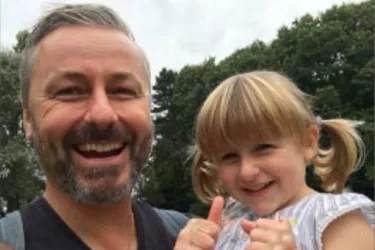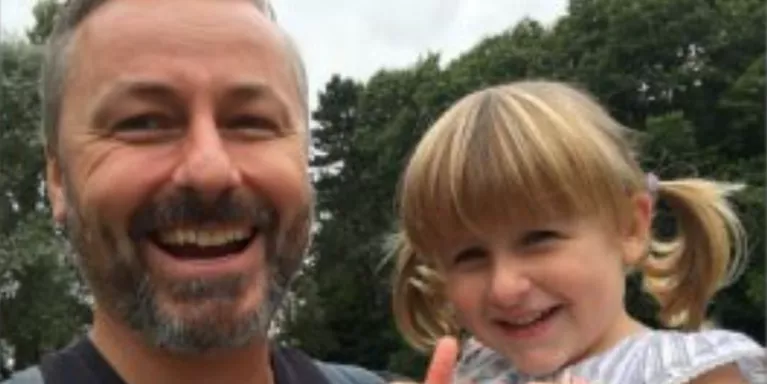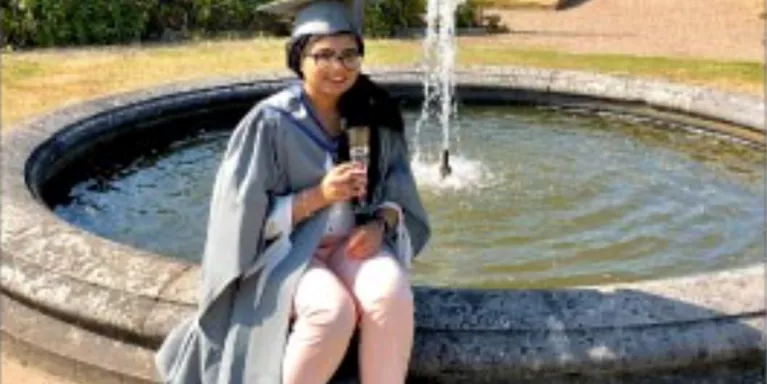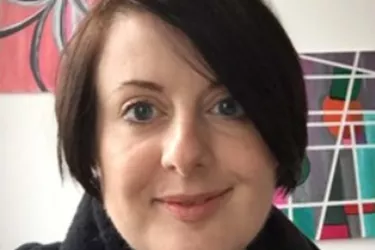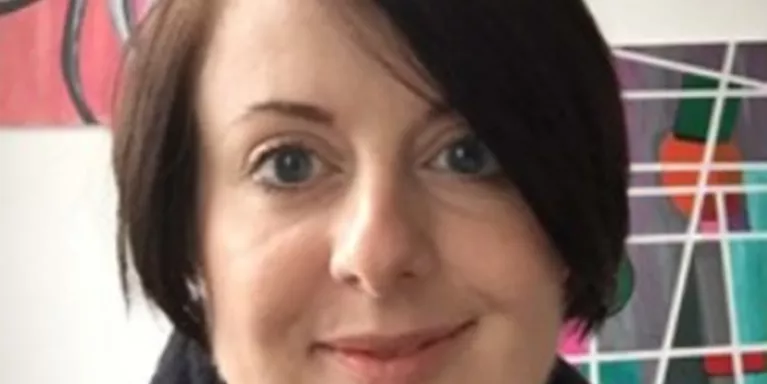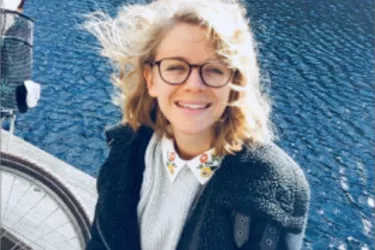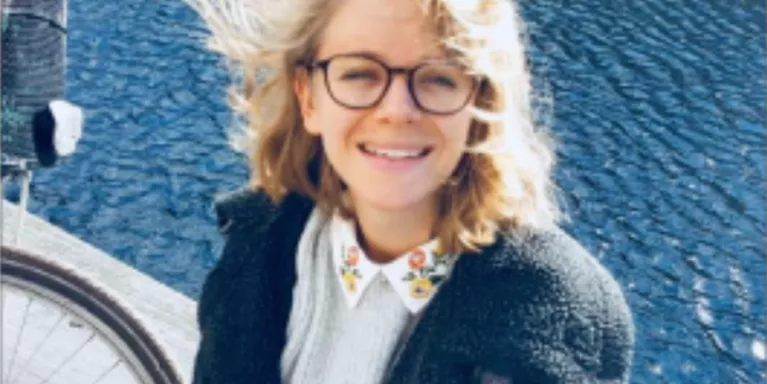Connecting with nature changed my life
In Stress Awareness Month, Claire blogs about how ecotherapy made her less anxious and helped her rediscover her capacity for joy.
Claire is a writer, editor and nature lover. She helps people rediscover the transformative effects of nature as a volunteer at Dose of Nature. She lives in Richmond, London with her partner.
When I began going to ecotherapy sessions at my local allotment, I was in a dark and difficult place. I was chronically stressed, highly anxious and so burnt out that in work meetings and social gatherings I would cling on to whatever I could in case I collapsed. My head was awash with worry and my body was ready to fall apart. I was terrified and at war with myself – until ecotherapy, an outdoor therapy involving activities in nature, showed me a better way.
“In my family, stress and exhaustion were synonymous with who we were and how we existed.”
My road to burnout had been lifelong. In my family, stress and exhaustion were synonymous with who we were and how we existed. Part and parcel of how we survived. It took me many years to recognise that my dad dying of a heart attack at only 52 may have been caused in large part by this militant blueprint for life. A blueprint I saw emulated again and again in the wider culture as I left home and started work, by friends who would sleep under their desks to maximise their time in the office or employers who would congratulate me on doing 11-hour days after getting to work when the birds were asleep.
I continued on this path, ignoring the crippling fatigue and flu-like symptoms that persisted day and night, treating my body like a tool to be used, medicated and controlled. Only a few years out of my twenties, I assumed I was invincible, immune to anything serious – till, like a knock to the head, my GP told me that I had an autoimmune condition that could not be reversed or treated, just managed, for the rest of my life.
Ecotherapy was an escape
For decades I had been at war with my body and now it was at war with me. I quit my job, moved home and turned my body, my stress, into another problem to be solved. But getting well felt too lonely and sad, a mountain too high to climb. I began to lose hope.
Ecotherapy began as a place to escape all of this – I was sceptical at first, nature didn’t feel a potent enough cure for how I was feeling, I didn’t care about gardening or growing things, and it looked like a lot of hard work. Brimming with exhaustion and shame, I was furious with myself for wasting more time and mourning the life I might never live. But over a year I began to shed it all, in the company of people so connected to nature it had lodged itself in their bones.
Bit by bit this rubbed off on me. Together we met for a few hours a week and touched the soil, felt the sun on our faces, laughed, planned and planted, messed up and made mistakes, grew beautiful, surprising things. One autumn day I stood cradling a freshly picked squash like a precious baby, tears of relief in my eyes that I could still feel this much joy. With the ground beneath my feet, the birds all around me, soil and mud on my face and hands, I felt held, soothed, at play. I could let go, become a child again, rooted in the world, triumphing at the messy scrap of life I’d cared for and created. I could glimpse wellness, and this glimpsing nurtured my recovery in a way nothing else had. It began a lasting, positive bond with nature.
Nature has this power. It is where we evolved, it is the habitat we belong in. Decades of scientific research have proved that time spent in nature, whether it’s a walk in the park or in an allotment, help to lower stress levels, anxiety and depression, boost our immune system and feel good hormones like serotonin. If we stop to feel a leaf in our hands, hear the birds above our heads, we will feel better. We are hardwired to respond, helping us shift into the parasympathetic state, slowing our minds and bodies down so they can rest and recover.
Connecting with nature’s elements, the sound of water, the warmth of the sun, the chatter of birds, the patterns of a flower or leaf, brings us back to our own elements – our hands, our feet, our lungs. Just a short walk every day helps refresh us, rooting us back in our natural world, giving us a space from our routine thoughts and worries, grounding us in the here and now and breaking the cycle of worry and alertness.
“The cumulative effects of this time in nature began to add up. I was softer towards myself, able to make time for joy and play.”
Ecotherapy fuelled my recovery. It was a place I could practice being in the world again, where I could focus on the cycle of sowing, growing, harvesting, and not on my worries and fears. It gave my mind and body a space to loosen and learn how to feel safe.
The cumulative effects of this time in nature, began to add up. I was softer towards myself, more accepting of the natural rhythms of my body, able to stop and rest, to say no, to listen to and prioritise my own needs, to make time for joy and play. Even on hard days I would notice the weight of my feet on the ground, whether my breath was shallow or deep, if my mind was full of catastrophe and worry, if I needed to get outside and walk.
Picking up my life again
Ecotherapy gave my system a cornerstone to return to, a safe mode to memorise, a place on the horizon to aim for. I began to sleep through the night, and wake up feeling like I could get out of bed. Slowly I began to pick up my life again, still prone to fear, anxiety and worry, still needing medical support, but with a new blueprint to follow.
Today, I take people out into nature and help them re-establish this joyful, healing connection in the simplest ways. Whether it’s noticing five things in nature as you walk down the street, starting your day with a walk in the park, sitting by a pond, watching the clouds in the sky, closing your eyes and listening to the sounds around you, connecting with the natural world helps reduce stress. Try something you enjoy in nature and notice how it makes you feel.


Information and support
When you’re living with a mental health problem, or supporting someone who is, having access to the right information - about a condition, treatment options, or practical issues - is vital. Visit our information pages to find out more.
Share your story with others
Blogs and stories can show that people with mental health problems are cared about, understood and listened to. We can use it to challenge the status quo and change attitudes.










